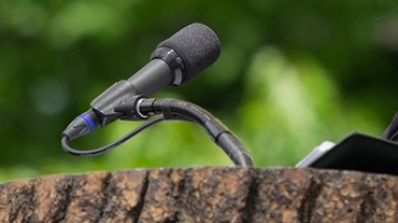A couple of decades ago, we had little empirical support for effects of political humor. But now—and particularly, in the past five years—scholars have conducted many investigations of late night political humor content and effects, with results that, more often than not, challenge our conventional wisdom and expectations about politics, humor, and entertainment.
Some findings are inconsistent. Political humor helps candidates; political humor hurts candidates. Political humor increases cynicism toward politics; political humor decreases cynicism toward politics. But even among the inconsistencies, one consistent theme resonates: It is a mistake to dismiss late night political humor as "just comedy." Late night political humor is doing something to viewers, and the nature of this something warrants closer scrutiny. Studying political humor leads to a better understanding of political rhetoric, satire, information processing, civic engagement, persuasion, and attitude formation and change.
This course begins with the assumption that late night television comedy matters and turns, immediately, to evidence for this conclusion. We begin with narrative reviews of empirical late night political humor scholarship (Compton, 2008, 2011) before exploring specific effects, including impacts of late night television political humor on candidate image, attitudes toward politics, and participation in politics. Along the way, we turn to social scientific and rhetorical theory to help us make sense of the effects, including classic models of information processing (e.g., Elaboration Likelihood Model) and persuasion theory (e.g., inoculation theory). We also consider rhetorical theories, including work with Burkean constructs of the comic frame and more contemporary theorizing about image (e.g., Benoit's image repair typology).
Although the focus of this course is on effects of political humor, using evidence from empirical investigations, we will also explore the content of late night political humor. Students will complete a term project analyzing a specific political artifact through the lens of theory, using writing and speaking to meet project and course objectives. Smaller writing and speaking assignments during the course will allow us to discover and share our thinking throughout the term.
We will also expand our scope beyond late night political humor, considering how our discoveries of this unique artifact can inform our own rhetorical choices and analyses. For example, we will compare late night political humor with other venues of political humor, including public address and word-of-mouth jokes.
As the title of a collection of political humor essays puts it: Laughing matters. We will discover together, through careful reading and interpretation of scholarship, how and why laughing matters, and what these findings mean for politics, civic engagement, and our own rhetorical choices.
